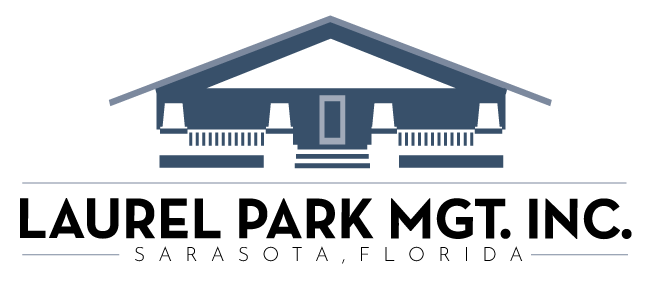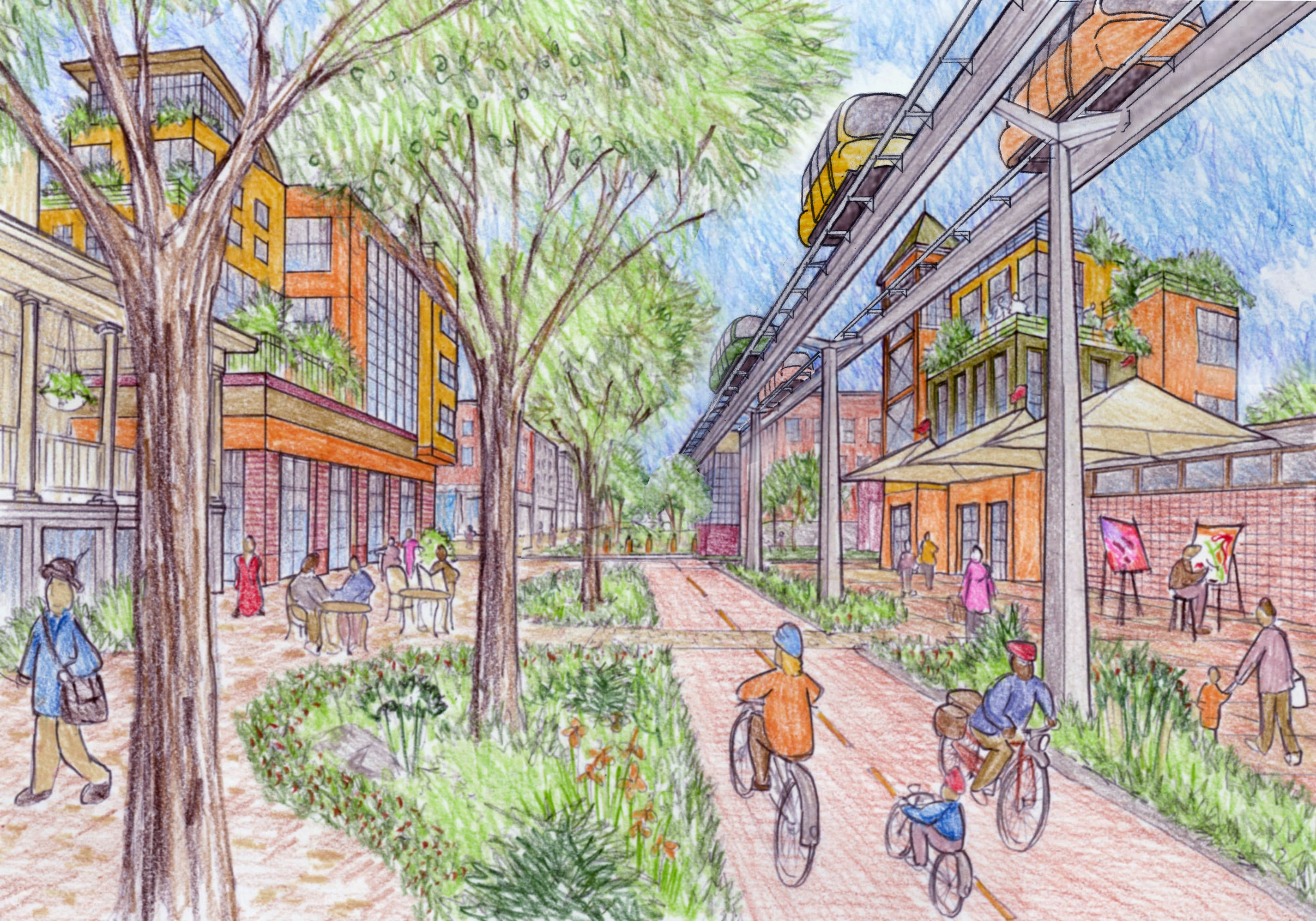One of the true pleasures of living in Laurel Park is the independence from cars that it offers. In Laurel Park we can walk. We can bike. We can hop the bus. And we can get pretty much anywhere we need to be without the hassle and expense of driving, and with the joy of activating our muscles in the fresh air. But more than just the freedom of movement and the improved health—personal benefits—there is a sense of community in Laurel Park that is difficult, if not impossible to find, in more car-dependent neighborhoods.
We know each other here because we see each other. We pass each other’s houses and apartments, wave or nod at a neighbor on a porch, let our dogs introduce themselves and us in turn. And we talk. We tell each other of exhibitions at art galleries or of a morning stroll on the beach. We argue about politics, local and national. We complain about roads and we propose that a little common sense could solve all the problems of the world. We build community.
The article excerpted below is about people choosing to live car-free in Los Angeles. It made us smile, because this is already how we live in Laurel Park.
Los Angeles once showed the world that the car equaled freedom. Our vast parking lots and spacious two-car garages offered the utmost convenience. Even our roads were named after the idea—freeways—that automobiles provided this feeling of independence as a personal transportation experience. It worked for awhile. That is, until those painted lanes choked with Sigalerts and gas nosed towards $5.00 per gallon.
“The freeways are not so nice!” howls Eddie Solis, [a musician and part of] the small but growing group of Angelenos who are choosing not to drive a car, and swearing that their lives are better for it.
Solis ditched his car for financial reasons but quickly started to see that living car-free offered a new creative outlet for his music. “Just through sitting on the bus or subway, I’d see the city from a new perspective, that of a bus rider, as a public transportation advocate. I was seeing different walks of life come on and off [the buses], and I would go through neighborhoods that I didn’t think had anything I was interested in, and I started getting inspired.” His most recent album, The New Los Angeles, is all about that idea of freedom that he started to feel. “For the people I hear who have to commute by car, it’s always a chore,” he says. “And I’m just freely moving back and forth, seven days a week. I’m very happy about it, and it’s a huge inspiration to me.”
I wasn’t able to find any definitive studies on how many Angelenos are choosing to live car-free…[but] anecdotally, I can say that I’m hearing a lot more stories like that of Peter Zellner, a Venice-based architect, who swapped his two vintage diesel Mercedes Benzes earlier this year for a 1974 Schwinn beach cruiser and a single-speed racing bike. He says not driving is a better fit for his personality. “I have become a cycling fanatic,” says Zellner. “I love my bike, it’s like an extension of me, maybe more so than a car ever was.”
The effects have been more than just the financial boost that comes with shedding a problematic vehicle—Zellner has seen serious health benefits. “In short order I stopped driving, stopped smoking and then stopped drinking!” he says. “I have lost 15 pounds since I started cycling everywhere, I have more time to read and think when I am on the bus and I am never stressed out by traffic.” keep reading at GOOD.is

